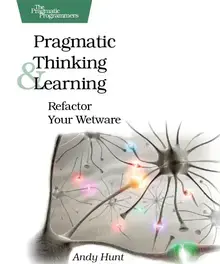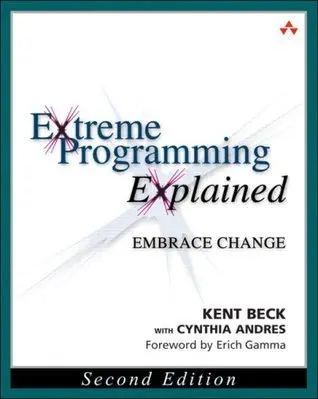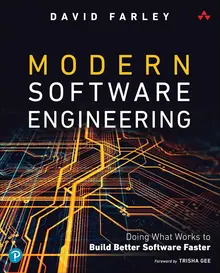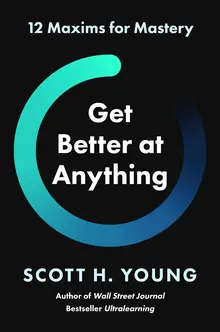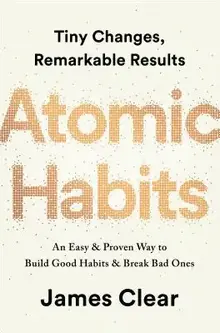Efficiency refers to the ability to achieve maximum output with minimum input. It involves optimizing the use of resources (such as time, energy, and materials) to accomplish tasks in the most effective and economical manner, thereby reducing waste and increasing overall productivity.
Below is an overview of content that matches the tag "efficiency".
Note that this list is not exhaustive, as it is automatically aggregated based on manually assigned categorizations.
If you notice a missing element, or think some of the items are wrongfully categorized, please create a bug/improvement ticket on our github issue tracker.
Patterns tagged with "efficiency"
problem:Invalid input data causing your software to crash midway through its execution is expensive, both in terms of processing power and resolution time.
description:Validate input data before processing to avoid unnecessary resource consumption and ensure efficient error handling.
Return On Investment
Make it worth the effort
description:Return on Investment (ROI) is a metric used to evaluate the efficiency or profitability of an investment. It measures the amount of return on an investment relative to its cost.
Books tagged with "efficiency"
Pragmatic Thinking and Learning
Refactor Your Wetware
Hunt, A. (2008) Pragmatic Thinking and Learning. The Pragmatic Bookshelf. isbn: 978-1934356050.
Dive into your own brain and learn about efficient learning. Hunt discusses various techniques that have helped him stay on top of his game over a career spanning decades. As a professional, your main weapon is your ability to learn. Unfortunately, many of us are left to our own devices in figuring out which approaches work well for us. This book helps by providing a plethora of time-proven learning techniques and tools to discover your own preferences.
Extreme Programming Explained
Embrace Change
Beck, K. & Andres, C. (2004) Extreme Programming Explained. Addison-Wesley. isbn: 978-0321278654.
Beck describes a project methodology that focusses on the daily practices developers can use, in order to achieve results in a faster, reliable, and sustainable way. While other methodologies dive into team structure, and management, Beck and Andres decided to stick to reusable practices that can be applied in most settings. This book popularized the ideas of “Test Driven Development” and “Pair Programming”, and is a must read for any developer that is looking to increase their knowledge of project approaches and the technical practices that support them.
Modern Software Engineering
Doing What Works to Build Better Software Faster
Farley, D. (2021) Modern Software Engineering. Addison-Wesley Professional. isbn: 978-0137314911.
Get Better at Anything
12 Maxims for Mastery
Young, S. H. (2024) Get Better at Anything. Harper Business. isbn: 978-0063256675.
“Get Better at Anything: 12 Maxims for Mastery” guides readers through the process of mastering a skill using a set of practical maxims.
These maxims include “The best way to learn is to do,” “Experience doesn’t ensure expertise,” “Feedback is king,” and “The mind is not a muscle.”
Young effectively conveys the importance of deliberate practice and the necessity of fast feedback loops in a clear and concise manner.
The author writes in an approachable style, simplifying complex ideas for easy understanding. He debunks widely held misconceptions
and offers practical advice on enhancing the learning process. Filled with real-world examples and actionable insights,
this book is a must-read for anyone looking to improve their skills and serves as a valuable reference for educators,
coaches, and mentors who help others in their learning journey.
Whether you’re aiming to excel in a hobby or advance professionally,
Young’s guidance will equip you with the tools needed for continuous improvement.
Raymond, E.S. (2003) The Art of Unix Programming . Addison-Wesley. isbn: 978-0131429017.
Atomic Habits
An Easy & Proven Way to Build Good Habits & Break Bad Ones
Clear, J. (2018) Atomic Habits. Avery. isbn: 0735211299.


